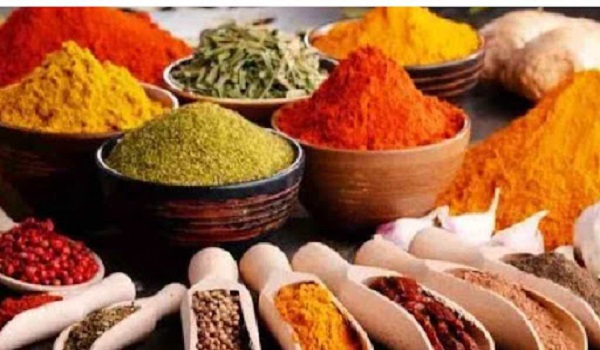In a concerning development, nearly 12% of spice samples tested by Indian authorities have failed to meet quality and safety standards, according to data obtained by Reuters. The testing, conducted by the Food Safety and Standards Authority of India (FSSAI), follows international scrutiny and actions taken by several countries over contamination risks in popular Indian spice brands.
The testing was initiated after Hong Kong suspended sales of certain spice blends from MDH and Everest in April due to high levels of pesticides. Subsequently, the United Kingdom tightened its controls on all spice imports from India, while New Zealand, the United States, and Australia began investigating potential issues with these brands.
FSSAI conducted extensive inspections and sampling, testing a total of 4,054 spice samples between May and early July. Of these, 474 samples—nearly 12%—did not meet the established quality and safety standards. Despite the failure rate, both MDH and Everest have maintained that their products are safe for consumption. These brands are among the most popular in India, which is the world’s largest producer, consumer, and exporter of spices.
The safety agency did not provide specific details on which brands were implicated in the tests but assured that necessary actions are being taken against companies with non-compliant products. “Action on non-conforming samples has been taken as stipulated,” FSSAI stated, referencing the penalty provisions under Indian law, although further details were not disclosed.
The data was obtained through a Right to Information request filed by Reuters. While the request sought detailed reports on all samples that failed the tests, FSSAI stated that such reports were not available.
India’s spice industry is a significant contributor to its economy, with the domestic market valued at $10.44 billion in 2022, according to Zion Market Research. The country’s spice exports reached a record $4.46 billion in the fiscal year ending March 2024.
The recent findings underscore the need for stringent quality controls in India’s spice industry, which is vital not only for domestic consumption but also for maintaining its global market reputation.


